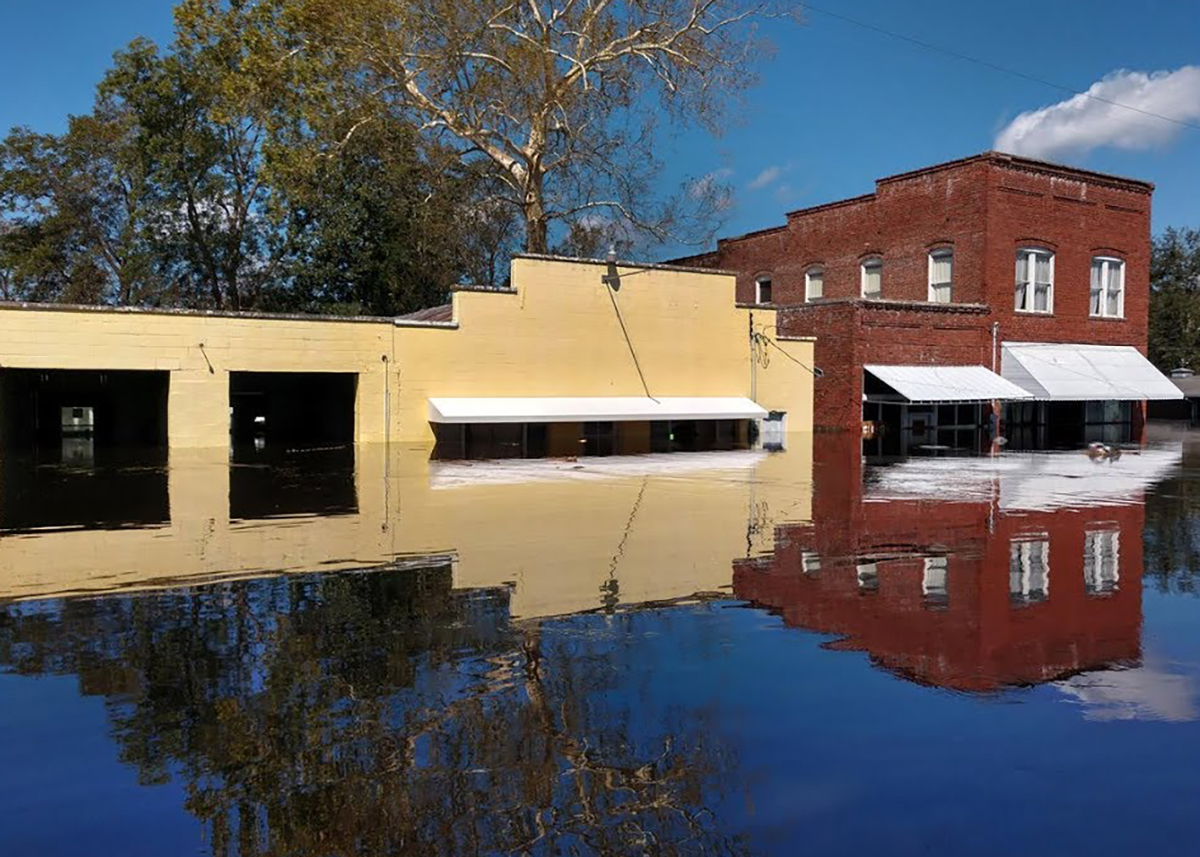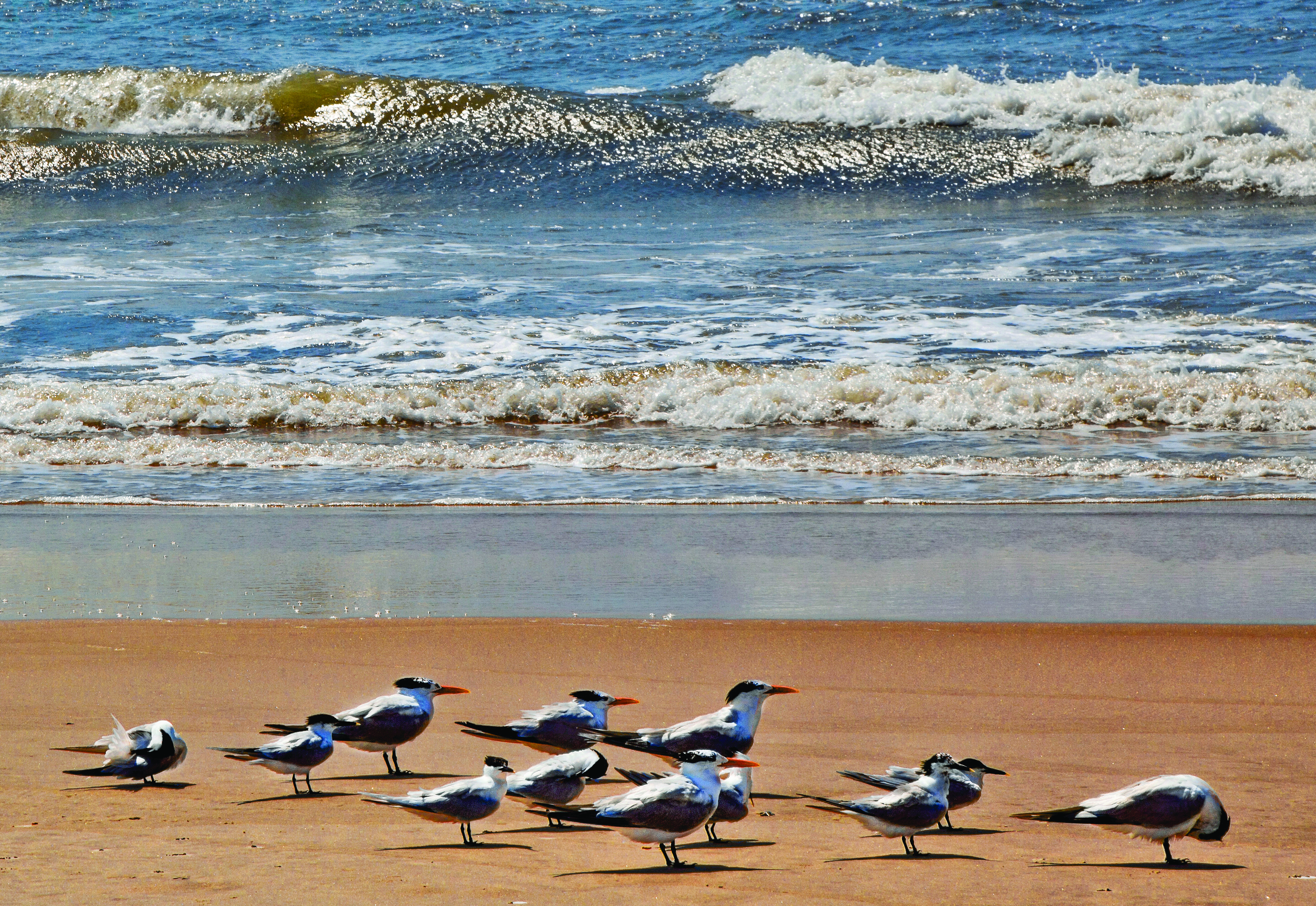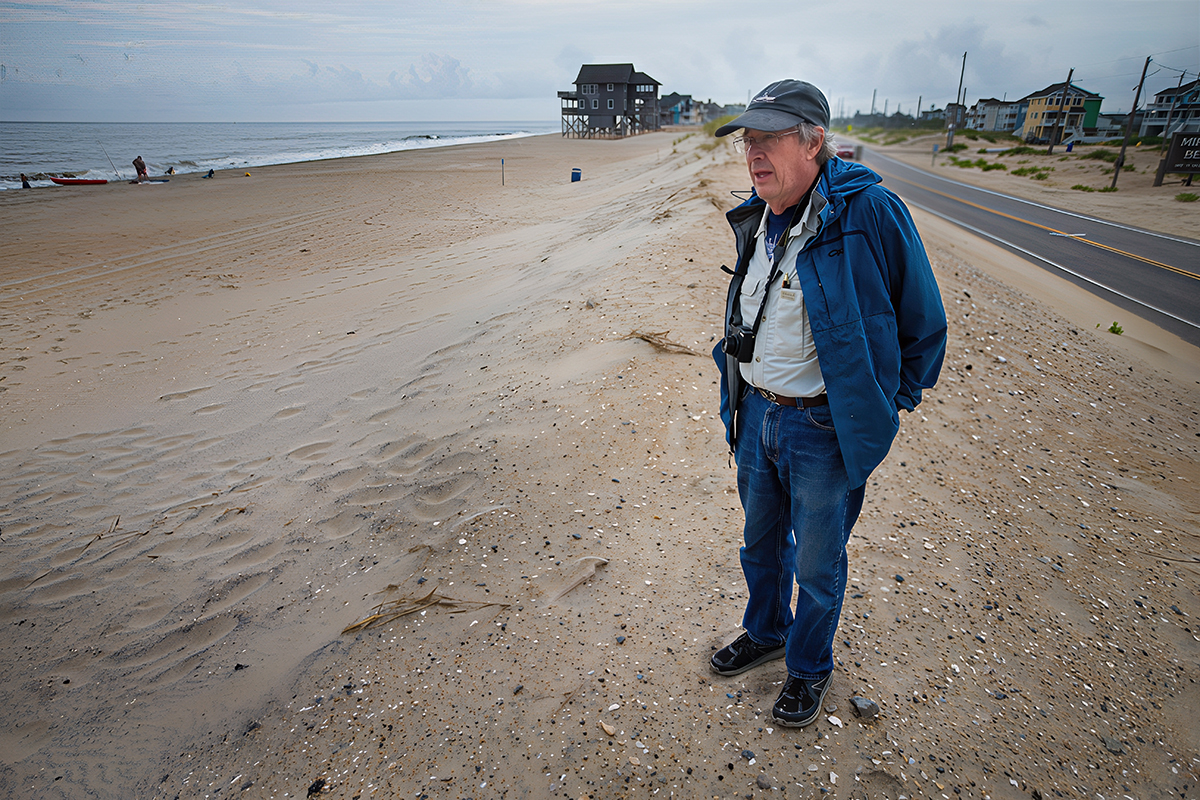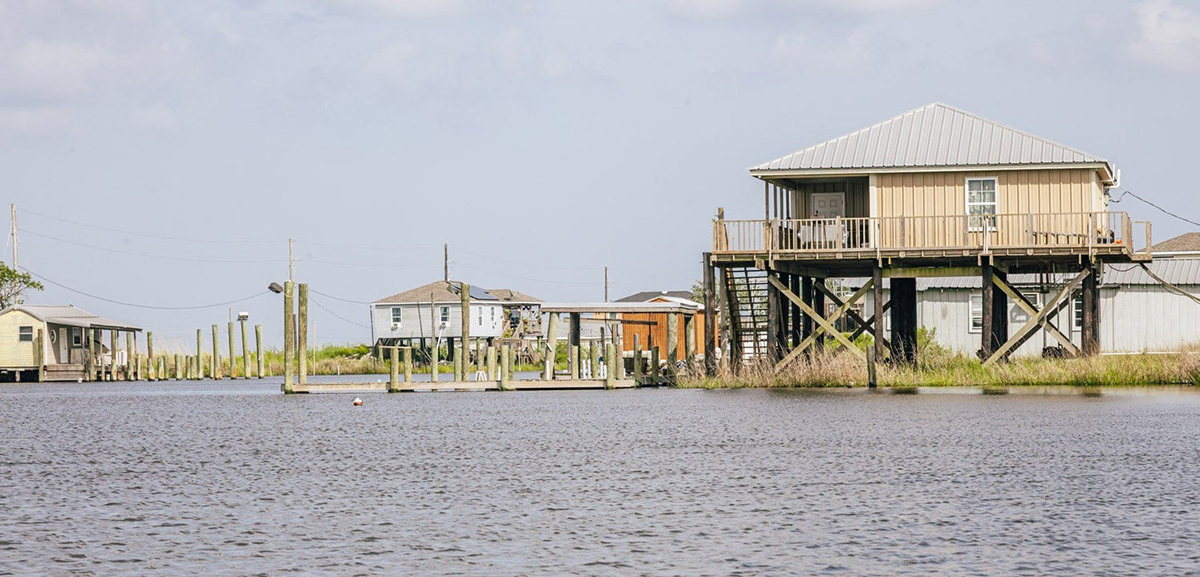If oil spills from an offshore rig, who pays for the cleanup?
One source of funds is the Oil Spill Liability Trust Fund, created in 1990 by Congress after the Exxon Valdez spill in Alaska. Most of the money in the fund comes from an 8-cent tax oil companies pay on each barrel of oil. The tax is set to rise a penny in 2017.
Supporter Spotlight
The Coast Guard administers the fund, which can be used for such things reimbursing the Coast Guard for oil removal costs; payments to federal and state governments and to Indian tribes to assess damage to natural resources; and payment of claims for uncompensated oil removal costs and damages.
Congress, however, set a liability cap of $134 million on individual companies. Although BP has shelled out far more than that after the Deepwater Horizon spill in 2010, Bob Deans, associate communications director of the Natural Resources Defense Council and author of a book about the disaster believes the cap is absurdly low. He also wonders is North Carolina is ready should a disaster occur.
North Carolina does have an oil spill emergency response plan, according to Julia Jarema, spokesperson for N.C. Division of Emergency Management, but it was last practiced just after Deepwater Horizon. The state, she said, is in the process of updating that plan and should be finished in a few months.
Dr. Larry Cahoon, a UNC-Wilmington marine scientist who was worked around the oil industry for years, agrees the liability cap is ridiculous, but notes that companies clearly can end up paying far more, especially if they are found, or expect to be found, either negligent or criminally negligent. Cahoon, however, thinks there’s another route North Carolina and other states should consider: Bonding.
Supporter Spotlight
“North Carolina’s state assets – its tourism and other economic engines, its marine life, its aesthetics – are at risk, and all of those things have great value,” he said. “It would seem appropriate that you look at the value of those things – it’s hard, but it can be done – and you go to an oil company and you reach an agreement on an amount of a bond the company would have to put up in the event those things are significantly damaged or destroyed for a period of time.
“Yes, this would be a big undertaking,” Cahoon concluded. “But we do place values now on some of these things. It’s not impossible. It would seem reasonable to do this upfront, have this money ‘set aside, instead of waiting and having to react to events.”







